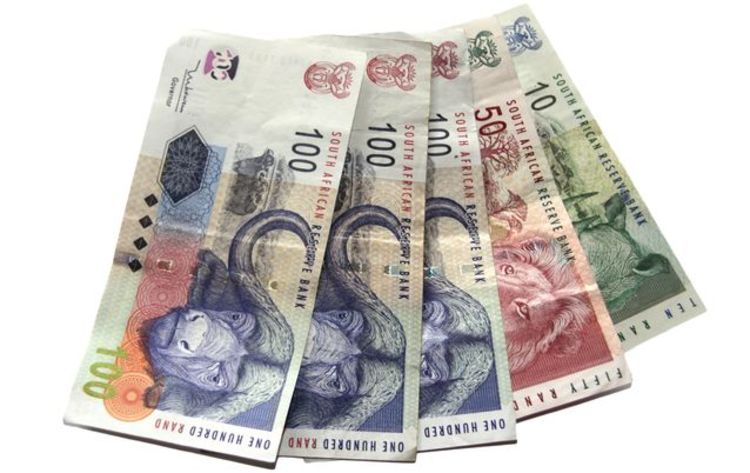Time Zimbabwe considers rand?

Golden Sibanda Senior Business Reporter
THE shortage of US dollars besetting the economy has reignited debate on whether Zimbabwe should adopt the rand, as it emerged that cash in circulation was only $202 million against requirement of nearly a billion dollars.The debate is premised on the understanding that Zimbabwe, with a weak export generating capacity due to low production across all majors sectors, cannot thrive under a currency sought after globally that is being externalised legally and illegally.
Reserve Bank of Zimbabwe deputy Governor Kupukile Mlambo told a breakfast meeting last week that, while the bond notes have been a success, the value that the RBZ can print was too low to resolve the country’s acute cash shortage.
He noted that the solution lies in increasing industrial production and growing export earnings, but said Zimbabwe also required a currency that cannot be externalised, unlike the dollar, adding that bond notes were a temporary solution.
“It would make sense, for where we are, to use the rand as the main currency because we can benchmark pricing, which we can’t do with the dollar. We trade almost nothing with the US, so we cannot benchmark pricing with the US dollar.”
Dr Mlambo said the challenge with the rand was that locals used the dollar for transactions and store of value.
Zimbabwe, which scrapped its currency in 2009, uses foreign currencies that include largely the dollar and the rand, among others.
It abandoned its currency at the height of hyperinflation in 2009 after a decade long economic crisis.
“CZI thinks we should use the rand, but the problem is with the public, because they are using the dollar as a store of value. As a transaction currency, I do not think anybody has a problem with it (rand).
“We would be happy in the central bank if people used the rand more than other currencies in the basket,” Dr Mlambo said.
Also clarifying that bond notes were not meant to directly resolve shortage of cash, but to boost exports for the much needed dollars, he said the RBZ can only put in circulation up to $200 million.
Both economists and the RBZ agree that Zimbabwe needs $900 million to $1 billion cash, about 15 percent instead of 4 percent of total bank deposits, not to have the challenges it is facing.
University of Zimbabwe senior lecturer, School of Economics, Professor Ashok Chakravati said that Zimbabwe needed a weak currency such as the South African rand to compete with its neighbour.
“The whole problem is the use of the US dollar. The dollar had certain advantages in 2009 and 2010, which is that it gave us stability in terms of value of goods, services and assets.
“At the same time, no country in the world which has used the dollar successfully over a long period,” he said.
The few countries that have done so, Panama and Ecuador, have a strong relationship with US banks. As such, they can get additional supply of the dollar when there is need for liquidity.
Economists and some policy makers now seem to agree that Zimbabwe cannot sustain economic growth due to the competitiveness issues from strong currency, which is also in critical short supply.
“The problem is that we are a dollarised economy in the middle of a region that is not dollarised.
“So, the dollar becomes attractive, also for them, as a store of value not for transactions,” the central bank number two said.
He said that Zimbabwe’s problems did not essentially relate to local transactions, but from shortage of the dollar it needs to make foreign payments.
“This problem is not new to Zimbabwe.
“We have always had problems of shortage of foreign currency right before independence, Dr Mlambo said.
This was due to the industrialisation strategy Zimbabwe has followed since independence, called the import substitution industrialisation strategy.
Dr Mlambo said that the strategy meant Zimbabwe has focused less on generating exports yet its industry relied on foreign currency to import raw materials for its activities.











Comments